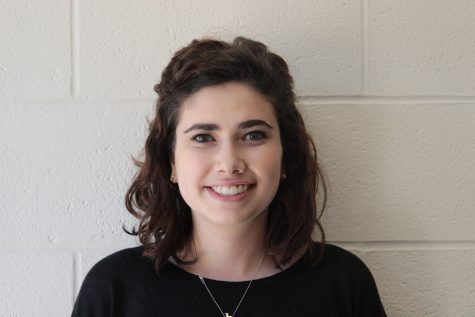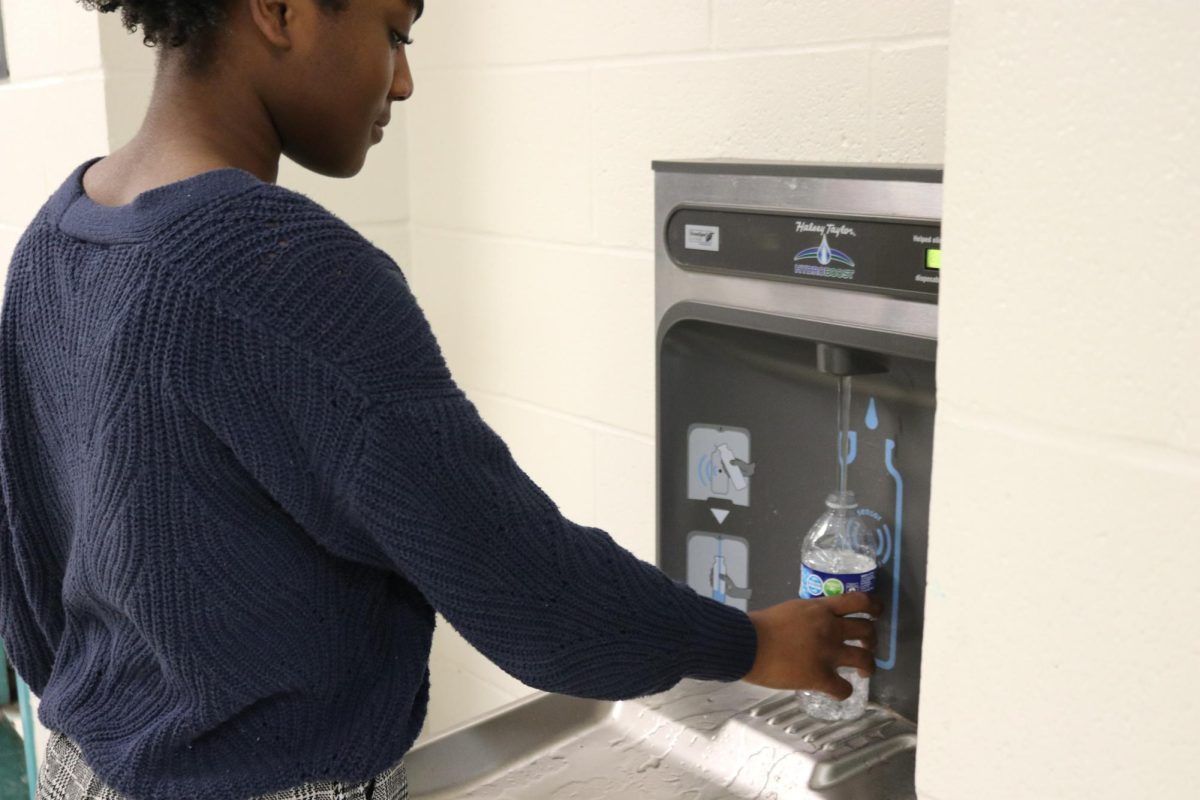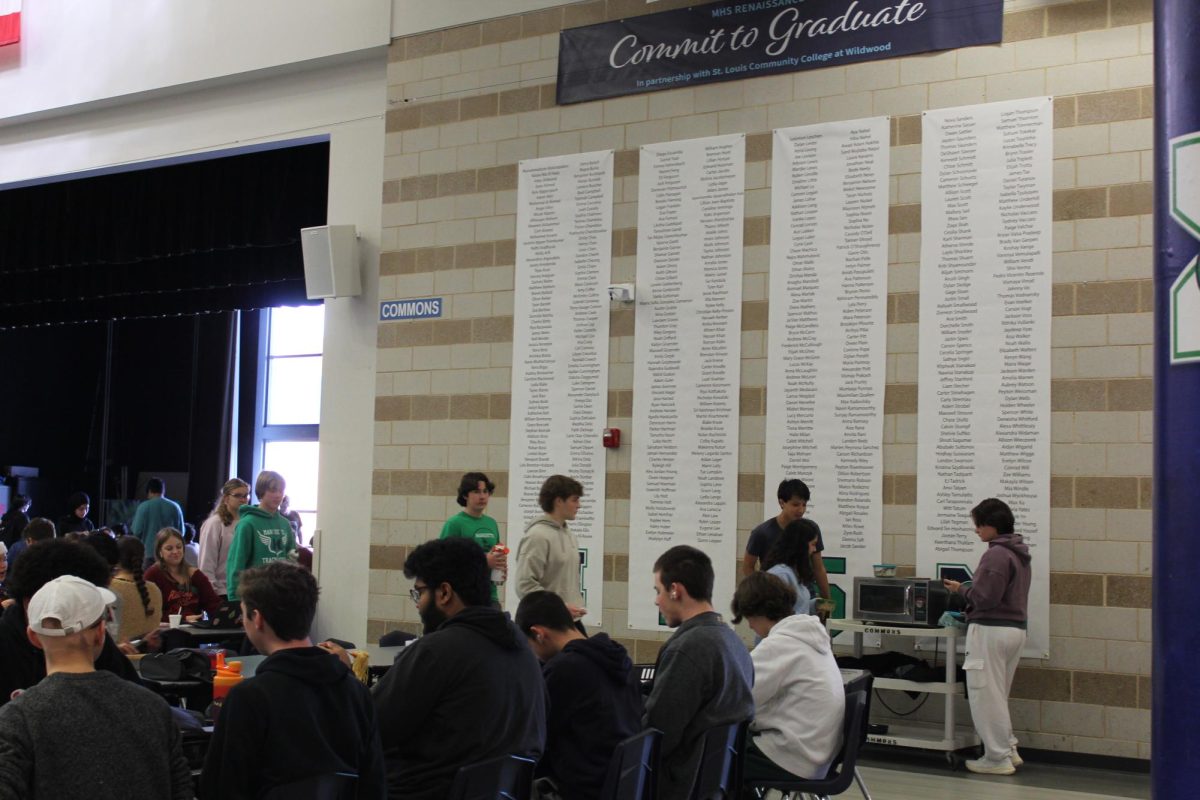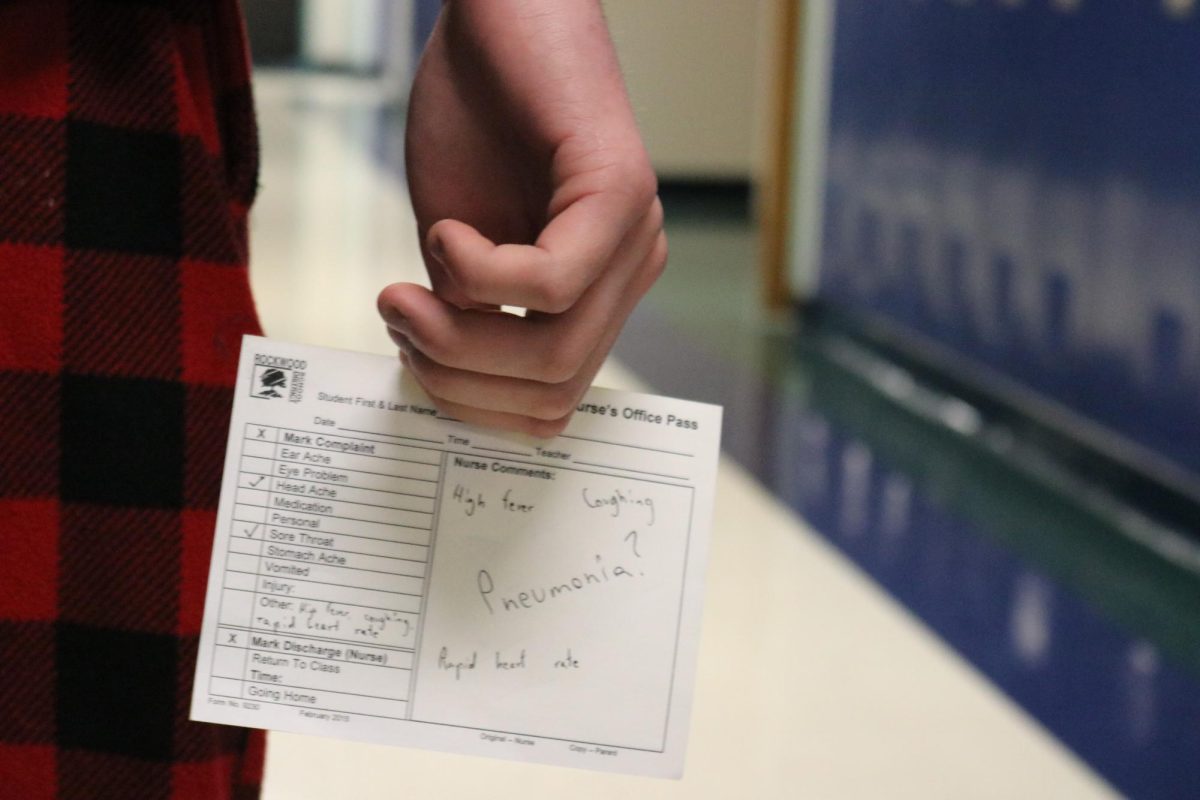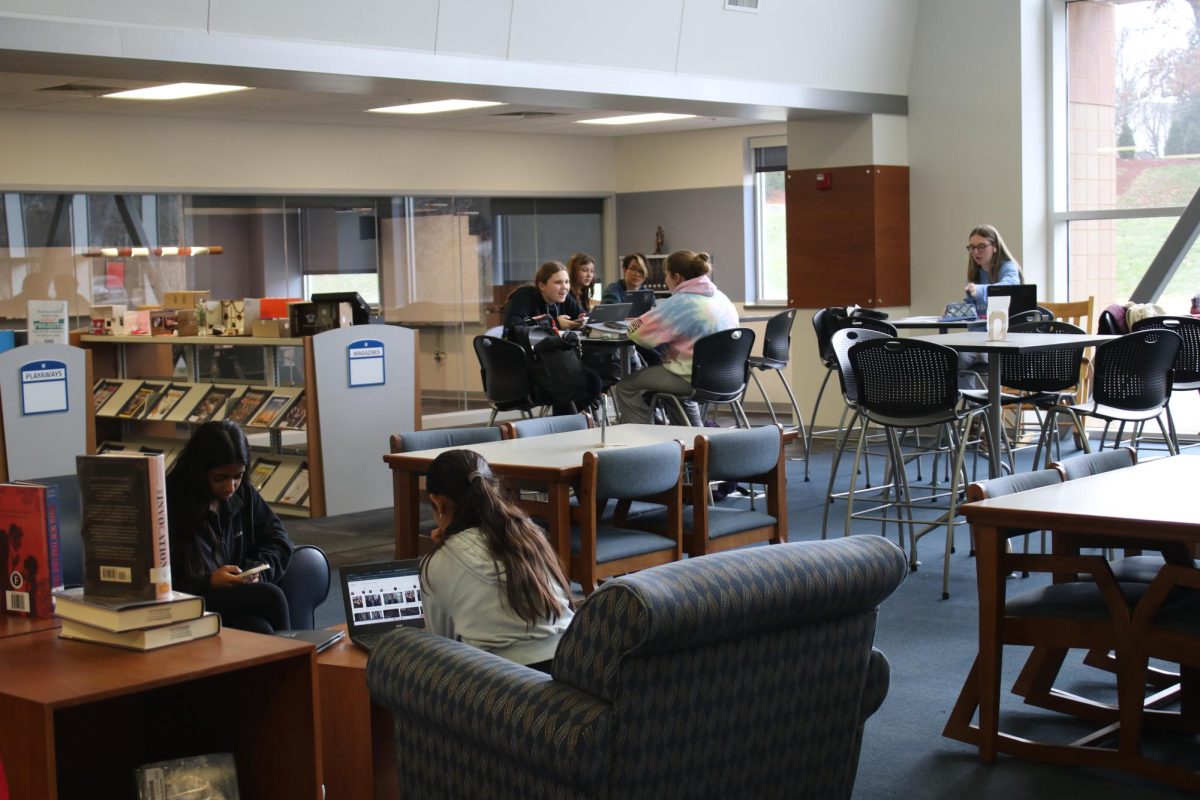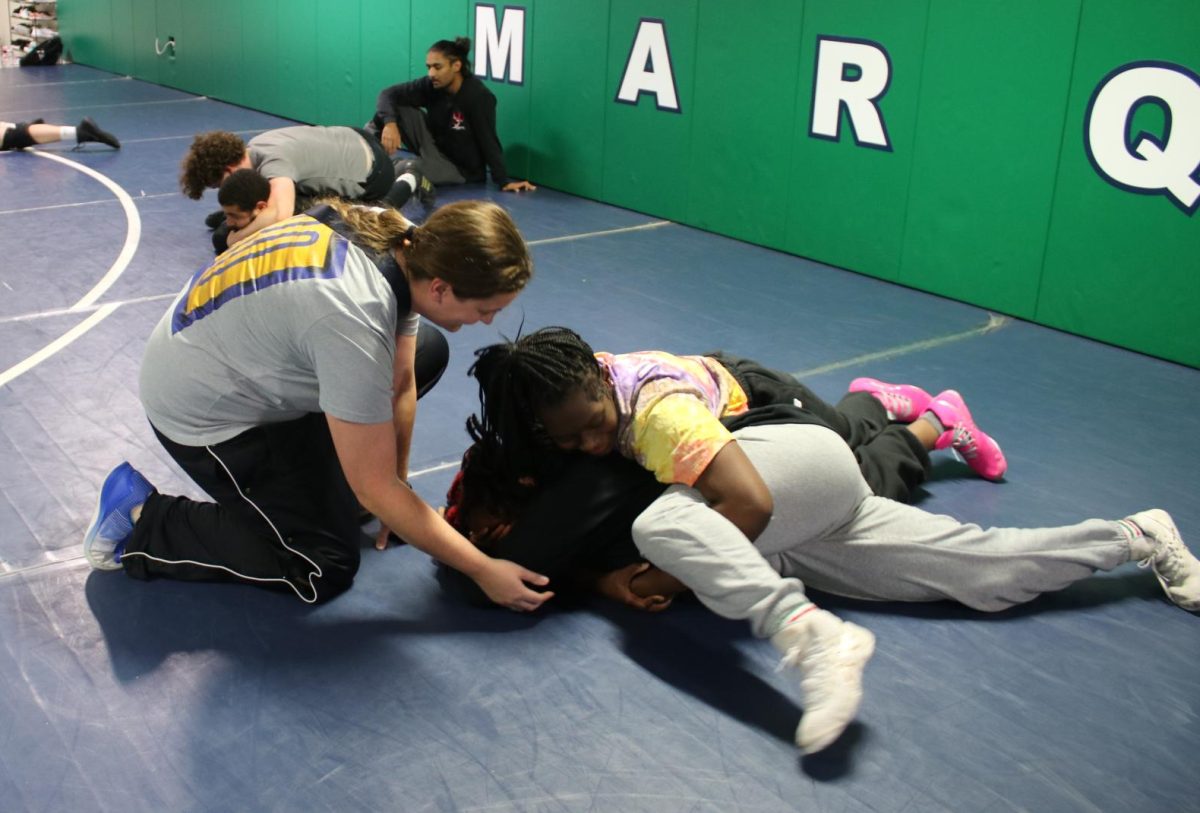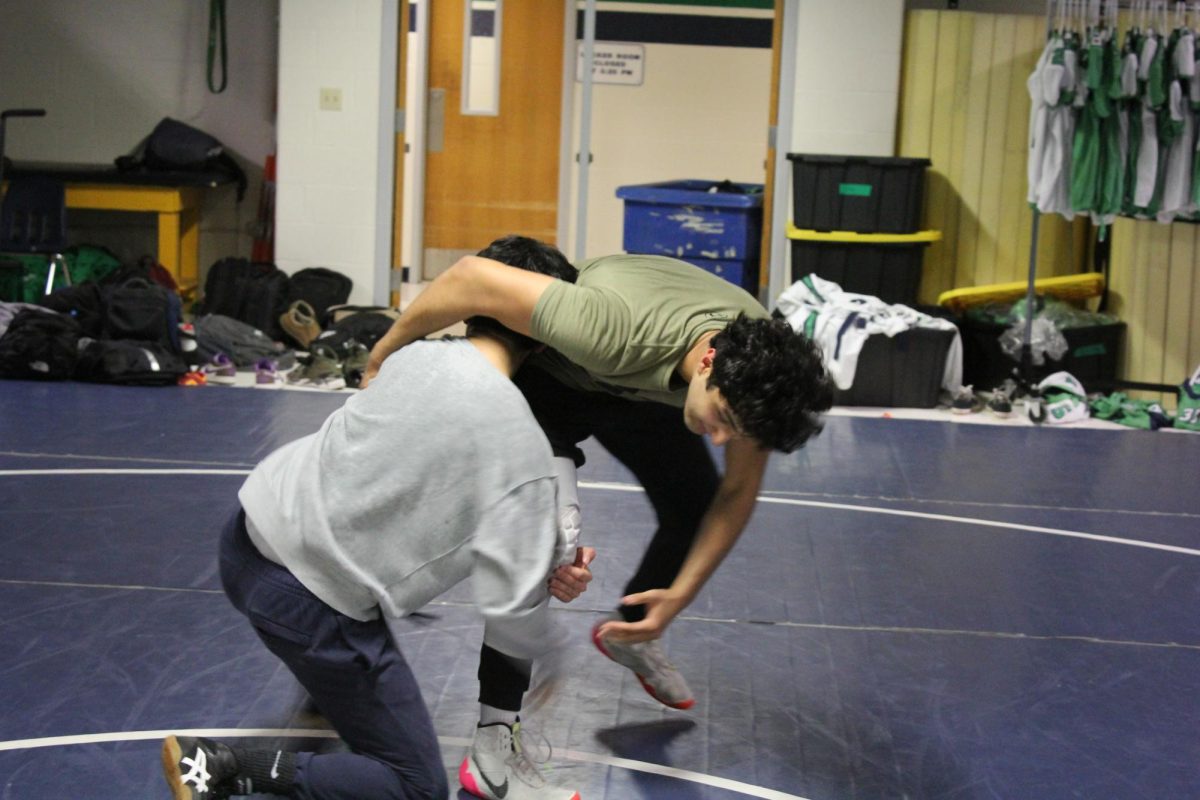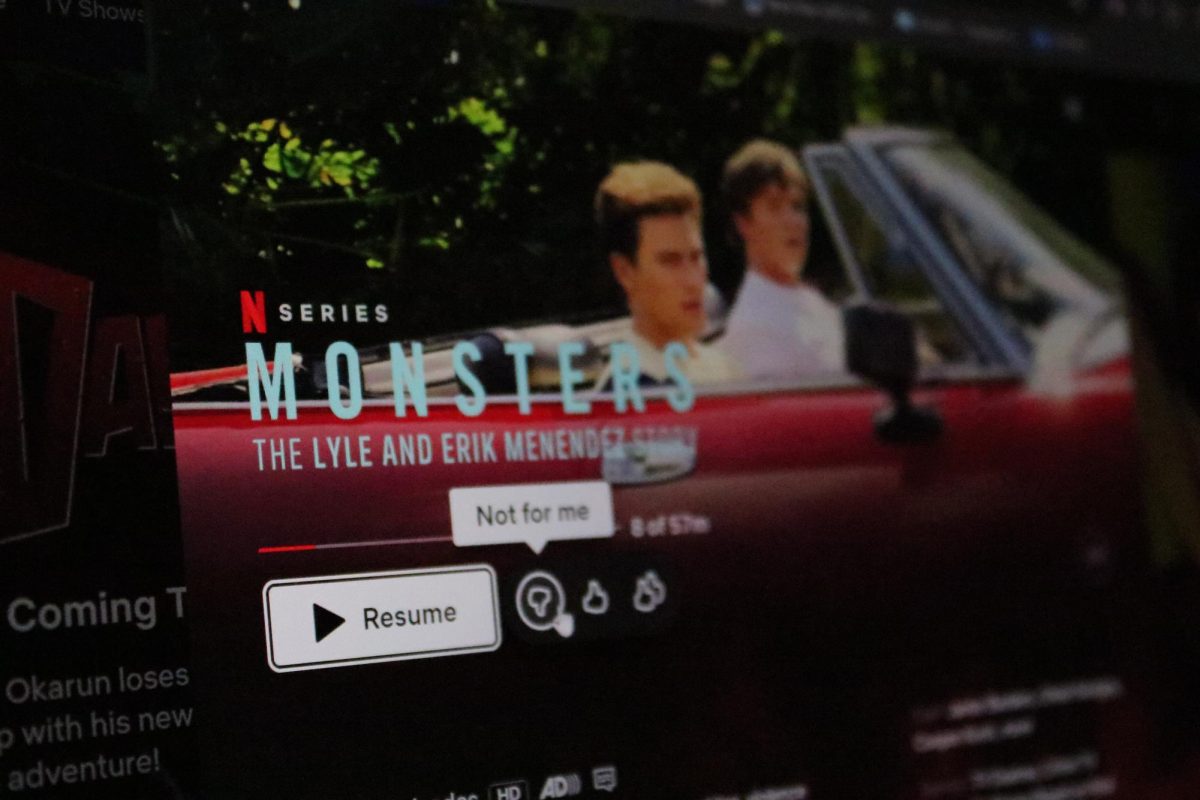Rockwood limits district credit card use
October 22, 2015
Following the state mandated audit, Superintendent Dr. Eric Knost reevaluated the district’s policy regarding district purchasing cards. In response to the auditor’s advice, the district cut in half the number of outstanding cards.
“They recommended that we continually evaluate our procurement card plan to restrict the issuance of cards to those that frequently use them and to shut off the cards when they aren’t being used for some time,” Dr. Knost said.
Before, individual staff members could have their own RSD purchasing cards in their name. However, now staff members must go to a designated office to check out one of the eight credit cards in the building.
Dr. Knost said the reasoning behind the change deals with stewardship and accountability. By, reducing the number of credit cards the district has, it consequently reduces the inherent risks.
“Credit cards are convenient and can be efficient, but their convenience can lead to issues which significantly impact trust pertaining to financial stewardship,” he said.
So, as of first semester 2015, all schools in the district adopted the new policy regarding the credit cards.
At MHS, staff members have lost the overall convenience associated with personal credit cards but have increased district safety.
“Whenever I need to get something or do something I have to run up to the office, get the card, come back down, order it, and return the card,” Dennis Kane, fine arts teacher, said.
Kane can no longer use the card at his leisure. He now has to schedule a time when he doesn’t have class to go and check out a card.
“The only benefit is that I don’t have to balance the statement at the end of the month,” Kane said.
Although Associate Principal Dr. Stephen Hankins is new to MHS, he recognizes the decision’s importance.
“Every card that is out is potentially lost or stolen, so they decided it was smart to consolidate the number of cards each school has,” Dr. Hankins said.
He said the decision shouldn’t be taken at offense because it was simply the best decision possible for the district, not a reflection of the staff itself.
Overall, Hankins said with careful planning, the staff can adjust to the new change. Instead of being able to use the cards at the teacher’s leisure, now it will require advanced notice. However, the administration is doing its best to accommodate everyone’s needs accordingly.
“We are trying to be as accommodating as possible for them. Hopefully it isn’t as big of a headache,” Hankins said.
He sympathizes with the inconvenience it puts staff members in especially since teachers are extremely busy and it takes time out of their schedule to have to check out a credit card.
“By the end of the school year it will be normal, right now it just isn’t,” Hankins said.
Eventually, the process will become the new normal and teachers won’t consider it such a disadvantage.
However, at the moment, Leslie Vollertsen, FACS teacher, still said the new system is a headache.
“I think the new restrictions, although they are necessary, I think that they are exaggerated,” Vollertsen said.
She said that the new policies were sprung on the teachers without direct communication, so it made rapid adjustment difficult. It would have been more productive to stagger the changes in order to lessen the abrupt affect they have on the staff.
The FACS department has one of the eight cards in the building, but it has still been difficult to adjust.
“Now when we go shopping, we have to buy groceries for other people and before we didn’t have to and that can be very time consuming to shop for another person,” she said.
Vollertsen said every situation has a different need, but in the FACS department case, it was very beneficial to have personalized credit cards.
However, she said she does recognize that the district is doing to best to look out for the staff’s best interest and make the new policy work for everyone.
“I see as an overall arching goal for the district to reduce their liability and the theft and cyber attacks,” Vollertsen said. “But, I think that they could have gone about it differently.”



